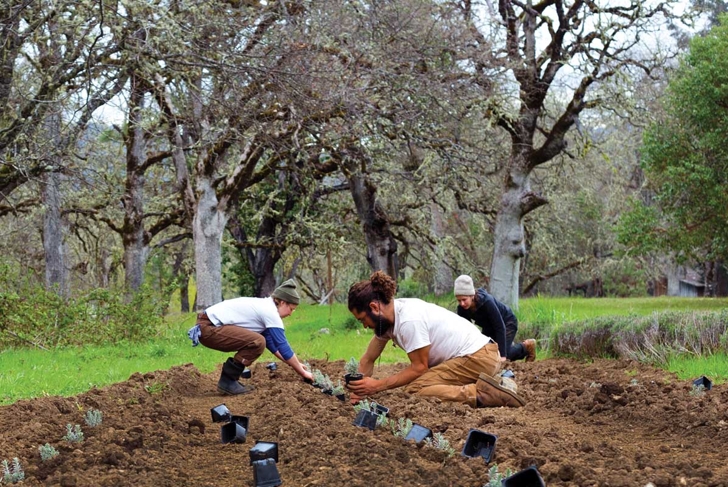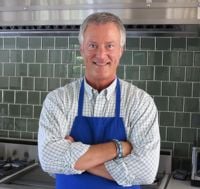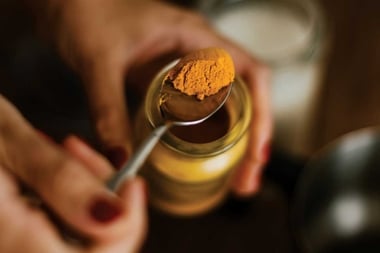Innovation for Good: SIMPLi and Regenerative Organic Alliance

SIMPLi
From an early age, Sarela Herrada has been connected to traditional indigenous farming. Growing up on her family’s organic chicken farm in Lima, Peru, where her father worked with farming communities in the Amazon, she learned of regenerative practices that have been employed for millennia.
Naturally, when she and her husband Matt Cohen launched SIMPLi Foods, environmental protection, cultural preservation, and ethical sourcing were at the forefront. An essential part of their mission is increasing awareness about regenerative organic agriculture and the benefits of sustainably grown foods. Herrada explains, “we want consumers to know why quality-grown ingredients are better for you and the planet.”
SIMPLi envisions nothing less than a reimagining of the global food supply chain, seeking to make it “more transparent, sustainable, and streamlined.” The pair add, “we partner directly with small, local farming communities around the world to give them access to an international selling market while supporting their social and environmental initiatives.”
According to the Yale Center for Business and the Environment, conventional agricultural practices contribute significantly to global warming. But there is hope: the Yale Center also notes that “regenerative agriculture could play a key role in solving the climate crisis.”
Herrada and Cohen hope their company and products can do exactly that. “You can’t spend ten minutes with a farmer and not talk about climate change. It’s affecting everyone around this planet,” Herrada emphasizes. “We want consumers to be assured that when they purchase our products, they are making a positive impact by helping to minimize their carbon footprint and shifting profits back to farmers.”
Regenerative Organic Alliance
“The time is now to farm like the world depends on it!”
For most consumers, “Certified Organic” is the ultimate designation when purchasing food and personal products. However, the Regenerative Organic Alliance (ROA) wants to go beyond that with their “Regenerative Organic Certified” (ROC) label. Using the United States Department of Agriculture (USDA) standard as a baseline, the certification adds additional requirements for soil health, animal welfare, and social fairness.
The ROA is “a group of experts in farming, ranching, soil health, animal welfare, and farmer and worker fairness.” Led by Elizabeth Whitlow, Executive Director, ROA seeks to create long-term solutions to “the climate crisis, factory farming, and fractured rural economies.” “We want consumers to understand the importance of supporting growers, ranchers, brands, and businesses who are leading by example,” adds Whitlow. “Products with the ROC seal enable consumers to know that their purchase makes a positive impact at every level: environmentally, ethically, and socially.”
“My passion is regenerating the living crust of the Earth,” Whitlow declares. “The solution to our modern-day ecological crises lies right beneath our feet. The time is now to farm like the world depends on it!”
This article was originally published in the November-December 2023 issue of alive magazine (US edition).




